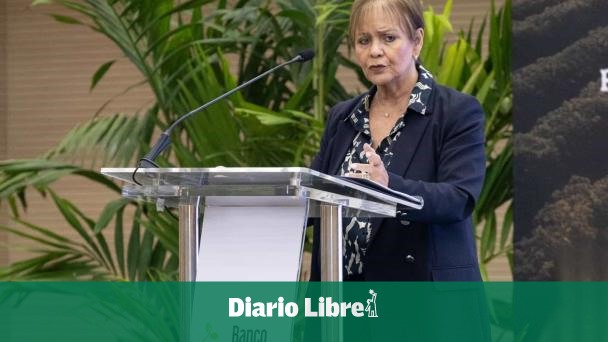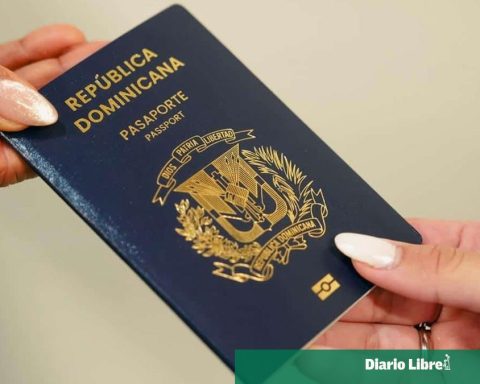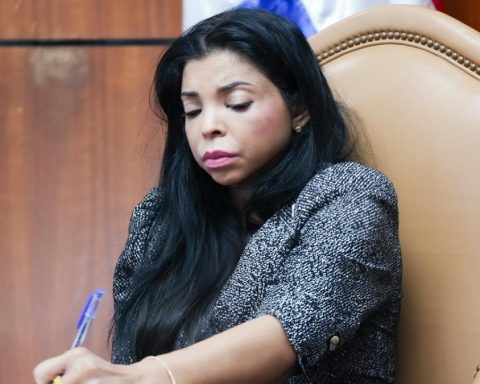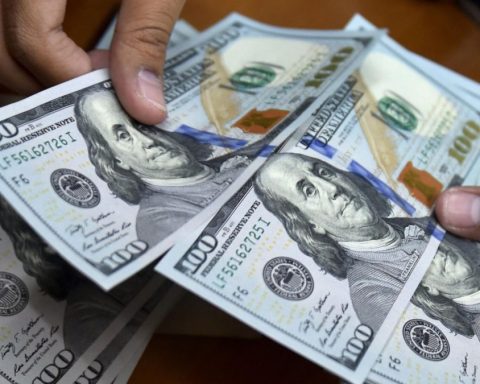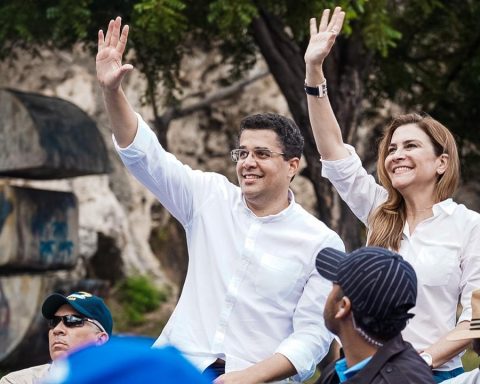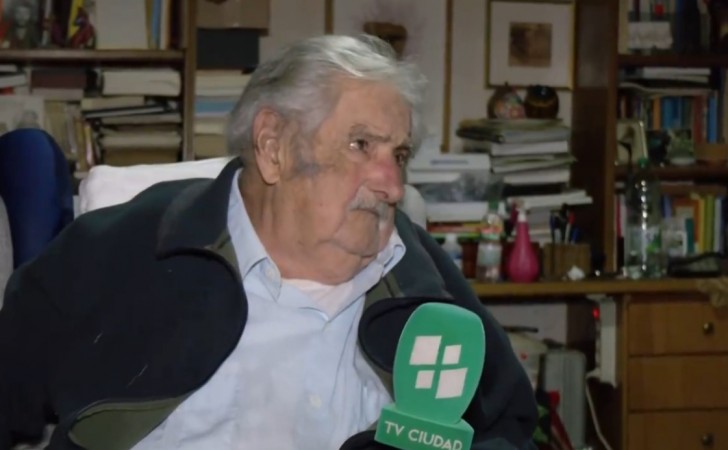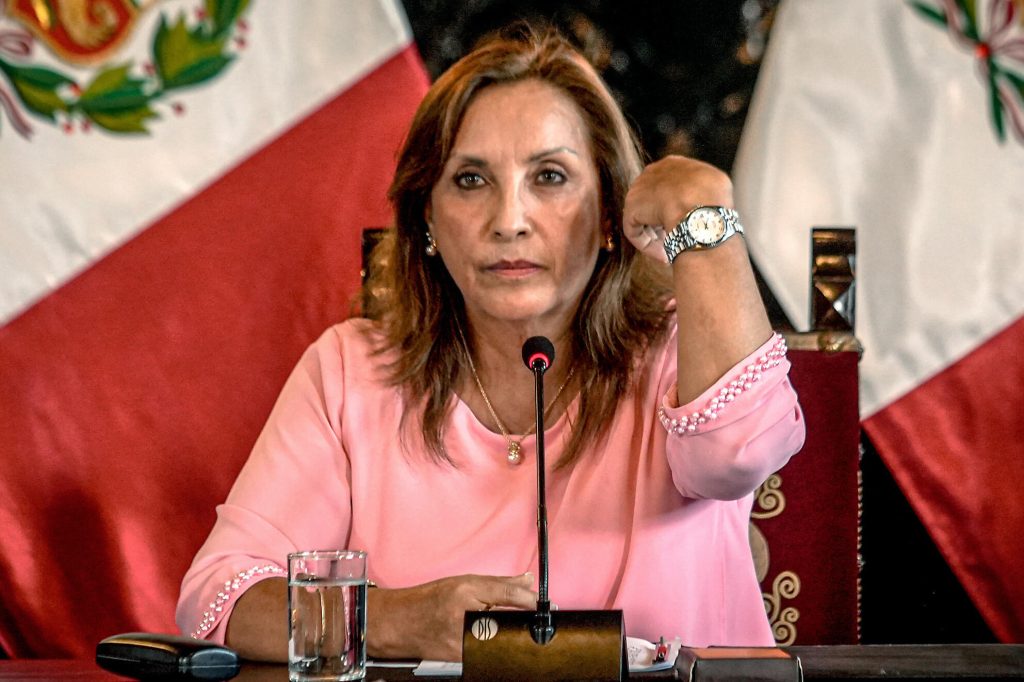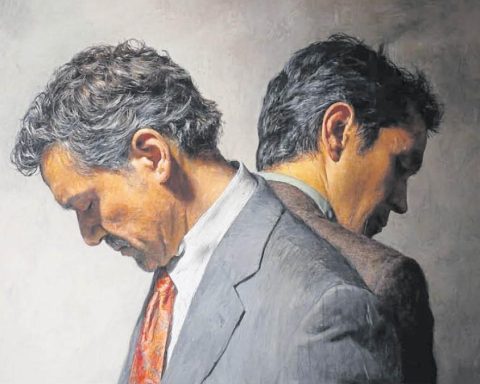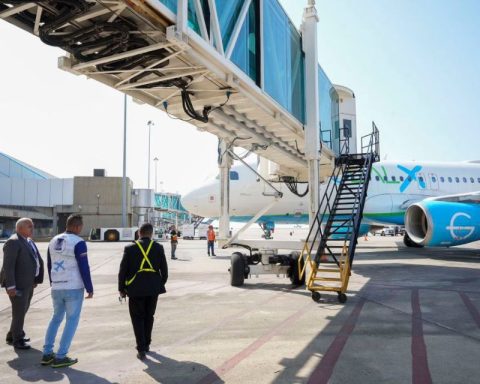The consultant in International trade of the Inter-American Institute for Cooperation on Agriculture (IICA), Gloria Abrahamunderstands that it is time for the Dominican authorities, together with the producers of riceelaborate measures that increase the productivity of the Dominican cereal.
Only in this way would it be prepared for the effects of the entry into force of imports of rice with zero tariff rate, as established by the Free Trade Agreement between the Dominican Republic, Central America and the United States (DR-Cafta) starting January 2025.
The expert, former Minister of Agriculture in Costa Rica and executive of the IICA For several years, she was invited by the Department of agriculture and the Agricultural Bankto offer a talk about the challenges and opportunities of the Dominican agricultural sector before the opening commercial of the DR-Cafta and other treaties.
After his speech, Abraham spoke with journalists, to whom he assured that there are conditions for the rice Dominican improve your competitiveness and face the imports of the rice American that, he specified, “does not like” the Dominican consumer, nor the Central American one.
-The signatory countries of the DR-Cafta they have one trade balance negative with the United States, does it offer relief total opportunities to improve this?
The trade balance between the Central American countries and the United States has always been in deficit. The United States has been a great supplier of goods to countries in the region. So, it’s not that we have a worse situation. This seems to me to be an important first point.
What is a free trade agreement? It is establishing a community regulations for all member countries – multilateral, in this case – because all the rules that were negotiated apply to each of the eight participating countries, which accompany the exercise of trade.
Before we had exports framed in what was called the initiative of the Caribbean Basin which gives us preferential access for a reduced product list.
Now we have the entire tariff universewith common regulations that have to do with rules of origin, that have to do with sanitary measures, with technical obstacles, with unfair trade practices… in short, it is a set of rules that accompany the exercise of commerce.
-How many products Dominicans maintain duty with the United States within the agreement?
Most of the Dominican trade is already at zero (tariff) by the United States and what is left is few productslike milk, rice and chicken pieces, which next year will be at zero, but this year the tariff is already very low.
It’s not that it’s going to start, no: it’s that we’re going to finish the period of relief and we will continue to have an exchange commercial with zero percent of dutywith a series of regulations that accompany this trade, and with an administrative commission of the treaty that, when there are difficulties, will be there to meet and seek solutions.
-The Dominican rice sector maintains that the zero tariff will move the national production. Is it possible for this to really happen?
I think that that has always been a concern of the rice growers of all the countries in the region, it is not only in the Dominican Republic.
One of the interesting findings that we have found in recent years is that the largest number of rice imported to Central American countries does not come from the United States – despite having open quotas with the United States – but comes from South America like Brazil, Uruguay or Paraguay, because they are countries that are producing rice very good quality at lower prices.
And there is no agreement free trade: they are paying dutyand they are competitive.
With this, what I want to tell you is that the rice that comes from the United States is a rice which has a lot of plaster; it’s a rice that the consumer of this region and this country does not like.
So, I believe that if the tariff itself is already low, the important thing is that the rice sector, together with the national authorities, can adopt policies directed at a increase of the returns per hectare.
With this, they can improve their competitiveness and face any product that comes from abroad, wherever it comes from.
11.84%Preferential tariff rate on rice imports from the US in 2024.
2,500Total tariff items negotiated in the DR-Cafta.
-Did the Dominican authorities and the private sector waste time in taking policies that would increase those returns?
One would have expected – and I tell you again that it is not an exceptional case of the Dominican Republic, it is that of all the countries that negotiate deadlines very long relief for certain products sensitive – that sometimes we think we have a lot of time and, when we realize, the time has arrived, and we have not adopted the measures.
It is a task that has to be worked together. I think he productive sector is the first interested party to present clear proposals to the authorities so that they are taken important decisions.
What do we negotiate in the DR-Cafta? We negotiated 2,500 tariff items. How many products are we in difficulties? Four or five important tariff items, because they are fundamental for the Dominican diet.
But, the figures of the imports They tell me that there is a space for the domestic production also grow in competitive conditions.
